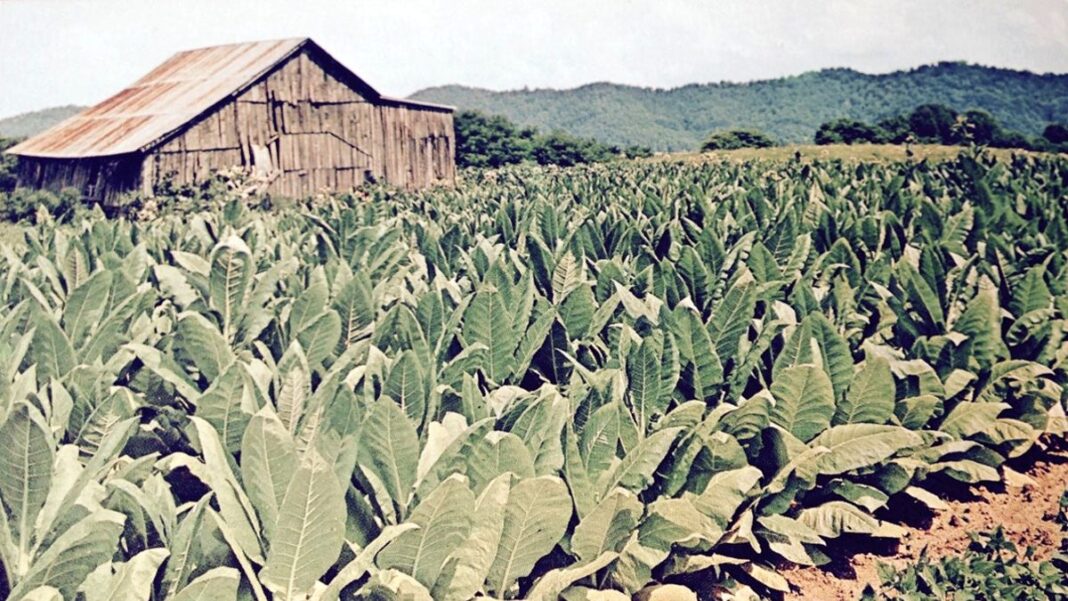When I hear Americans no longer want to work, I think this is a symptoms of culture change in the heart of America. Our children are regulated off farms, parents shield children from work experiences, while allowing them to become addicted to smart screens.
My first job was at seven following the tractor and tobacco setter, replacing tobacco plants in the field, known as pig-tailing. This was always the job for the youngest among us. Days were filled with pulling plants in the morning and walking behind tractor during May and June days. Most of the jobs were done by young people with two or three adults supervising. Looking back, I don’t see this as slave labor as some in the media would pontificate. Instead, I see this as the root cause of my strong work ethic.
By middle school, I would work May planting tobacco, August hanging tobacco, December and January in the tobacco stripping room working on the final step of harvest. Through this work, I learned many lessons: hard dirty work is to be respected, money is to be managed, and this was not going to be my future occupation. I also gained invaluable wisdom from the adults I interacted with; some family, some neighbors, but all with similar life experiences of hard work.
By 16, I added to my resume cashier at a local grocery store. This job was a consistent job lining my pockets. But the fields still called my name during critical times of spring and winter and continued to be a consistent way for me to save money for school all through my undergraduate years.
I am a first-generation college graduate, and my tobacco farm experience played a role in choosing a college, one I could afford. I graduated from a small liberal arts college, also known as a work study college, Alice Lloyd College, with no debt, a bachelor’s degree in science and an acceptance into a medical school.
Twenty-five years from college graduation and working as a family practitioner telling patients tobacco is bad, I miss the work opportunities for my own children on the tobacco farm.
I am a mother of five, ages 17, 15, 13, and 11-year-old twins. I realize my children are soft. Their work experience is limited to our family farm. Their adult relationships are limited to church and school. Their money management skills are limited to their allowance.
My youth peers had similar upbringing, raised in the fields listening to country music blaring from the truck as we ate lunchmeat sandwiches with chips crushed as a condiment on the sandwich to limit our dirty hands in the bag of fried potato slices. My children have Spotify blaring in their EarPods. My kids miss the shared experience of music.
I yearn for a time when kids were expected to work, social interaction with adults was part of the youth work experience, and money management was a buy with money in hand and not credit card limits with high interest rates. I yearn for the small farms with cash crops that required youth to be the backbone of their workforce. I miss the small tobacco farms of my youth.








